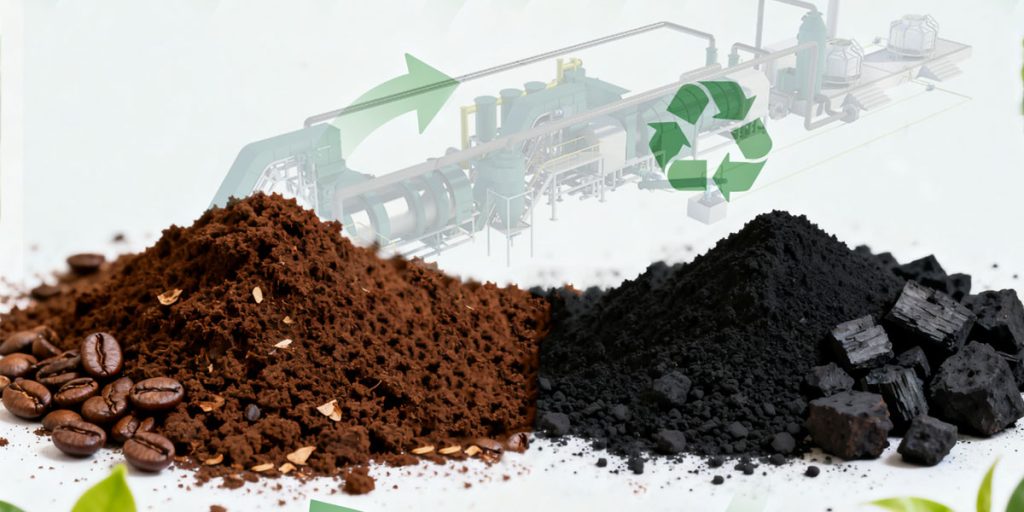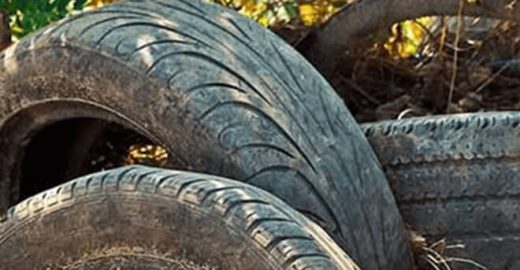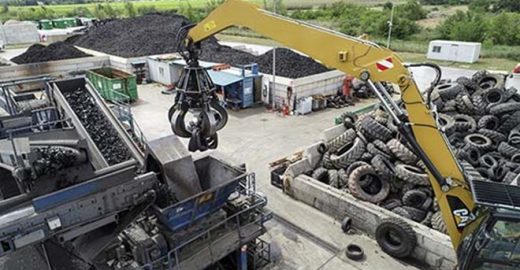Coffee biochar is the "black gold" created by converting coffee grounds through pyrolysis. This is not only a spectacular transformation of waste, but also a vivid application of the concept of sustainable development. The production of coffee grounds into biochar provides new approaches and methods for addressing environmental issues, promoting agricultural development, and alleviating energy crises.
The production of coffee biochar is inseparable from pyrolysis equipment. Biomass pyrolysis plant heats coffee grounds at high temperatures in an oxygen-free or oxygen-deficient environment. This causes a series of complex physical and chemical changes to transform the waste biomass into biochar.

Due to its excellent adsorption properties and environmentally friendly nature, coffee biochar will find widespread application in wastewater treatment, exhaust gas purification, and soil remediation.
In the environmental protection field, coffee biochar is a powerful aid in wastewater and waste gas treatment. In wastewater treatment, it possesses a strong adsorption capacity for heavy metals and organic pollutants. Coffee biochar's surface functional groups react with heavy metal ions through complexation and ion exchange reactions. This firmly binds these ions to the biochar surface, achieving efficient removal.
Heavy Metal Adsorption:
Organic Pollutant Adsorption:
In agriculture, biochar from coffee grounds is considered a "super soil conditioner." It effectively improves soil structure, making previously compacted soil more porous. It also has excellent water and fertilizer retention capabilities.
Soil Improvement:
Fertilizer Slow-Release:
Loading with nitrogen and phosphorus fertilizers extends the nutrient release period by 2-3 times.
From an energy perspective, coffee biochar has great potential as a new type of biofuel. It also exhibits unique application possibilities in energy storage.
The ever-expanding application areas are also significantly driving market demand for coffee biochar. In addition to traditional applications in agriculture, environmental protection, and energy, coffee biochar is also finding increasing use in emerging sectors such as food, cosmetics, and building materials. This is opening up new opportunities for market growth.

An Australian general waste and tire recycling authoritative body turned to Environment Minister Sussan Ley in November last year with a request to prohibit whole bale tire…

Aliapur – a French end-of-life tire management authority – recently announced a call for applications to participate in a tender to renew end-of-life tire collection and recycling contacts for 2021–2024..